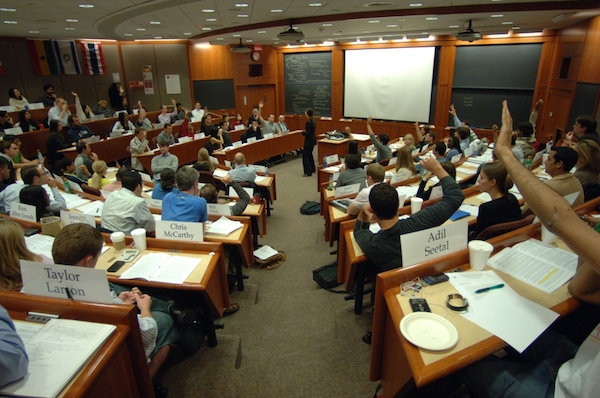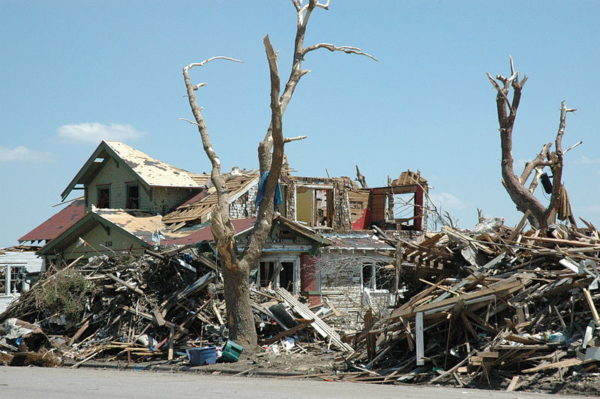
It is clear from research on corporate leadership that a glass ceiling prevents many women from occupying top executive or CEO positions.
In a recent article, we find that the glass ceiling is far more extensive than previous literature finds: women are not just excluded from top leadership positions, but rather they are excluded from nearly all top income positions regardless of occupation. We also find that progress on this front has been stalled for the last twenty years.
Continue Reading…




